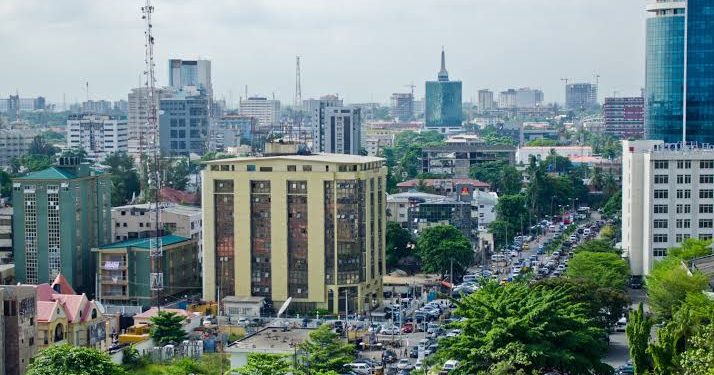The Nigeria Export Processing Zones Authority (NEPZA) and cryptocurrencies
platform Binance Holdings Ltd. are planning to establish the first Virtual Free Zone in West Africa that will assist entrepreneurs fast tracking blockchain technology in the West African nation.
This was disclosed by Prof Adesoji Adesugba, NEPZA’s Managing Director in Dubai, United Arab Emirates.
More than a third of all cryptocurrency owners in Africa live in Nigeria, which has one of the highest adoption rates of cryptocurrencies in the world. Interswitch Ltd. and Flutterwave Inc. are examples of fintech startups with $1 billion or more in valuation that have made an effort to integrate into the Nigerian ecosystem.
Hence, the goal of the partnership would be to engender flourishing virtual free zones to take advantage of a near trillion dollar virtual economy in blockchains and digital economy.
What NEPZA is saying
“In its drive to further deepen the country’s economy, the Nigeria Export Processing Zones Authority (NEPZA) is seeking partnership with Binance and Talent City for Nigeria to harbour the first Virtual Free Zone in West Africa.”
Adesugba also stated that “the partnership when agreed would be similar to the Dubai Virtual Free Zone.”
By making this decision, NEPZA is opening up new possibilities for innovation in the administration and management of free zones in Nigeria and throughout Africa.
He said, ” We seek to break new grounds to widen economic opportunities for our citizens in line with the mandate of the Authority, the directive of the Honourable Minister and the economic development agenda of President Muhammadu Buhari. Our goal is to engender a flourishing virtual free zones to take advantage of a near trillion dollar virtual economy in blockchains and digital economy,” Adesugba said.
What you should know
It is still illegal for Nigerian banks to provide services to clients who deal in digital currency in Nigeria. The CBN’s previous circular to banks and other financial institutions, which forbade cryptocurrency transactions and allowed payments for cryptocurrency exchanges, has not been reversed.
Nonetheless, the Securities and Exchange Commission of Nigeria released rules to regulate digital assets including cryptocurrencies. The SEC’s action effectively legalizes digital assets such as cryptocurrencies and NFTs in Nigeria, where the central bank had imposed an indefinite prohibition ascribing them as securities and not currencies.
Nairametrics recently reported that Nigeria has the most owners of digital assets in Africa. The country’s population of more than 22 million, or more than a third of the population of the continent, owns digital currencies.
In terms of the number of bitcoin owners, Triple A ranks Nigeria fourth in the world. The United States is at the top of the list with 46 million owners, followed by India and Pakistan at the second and third spots, with 27.4 million and 26.4 million owners of cryptocurrencies, respectively.











